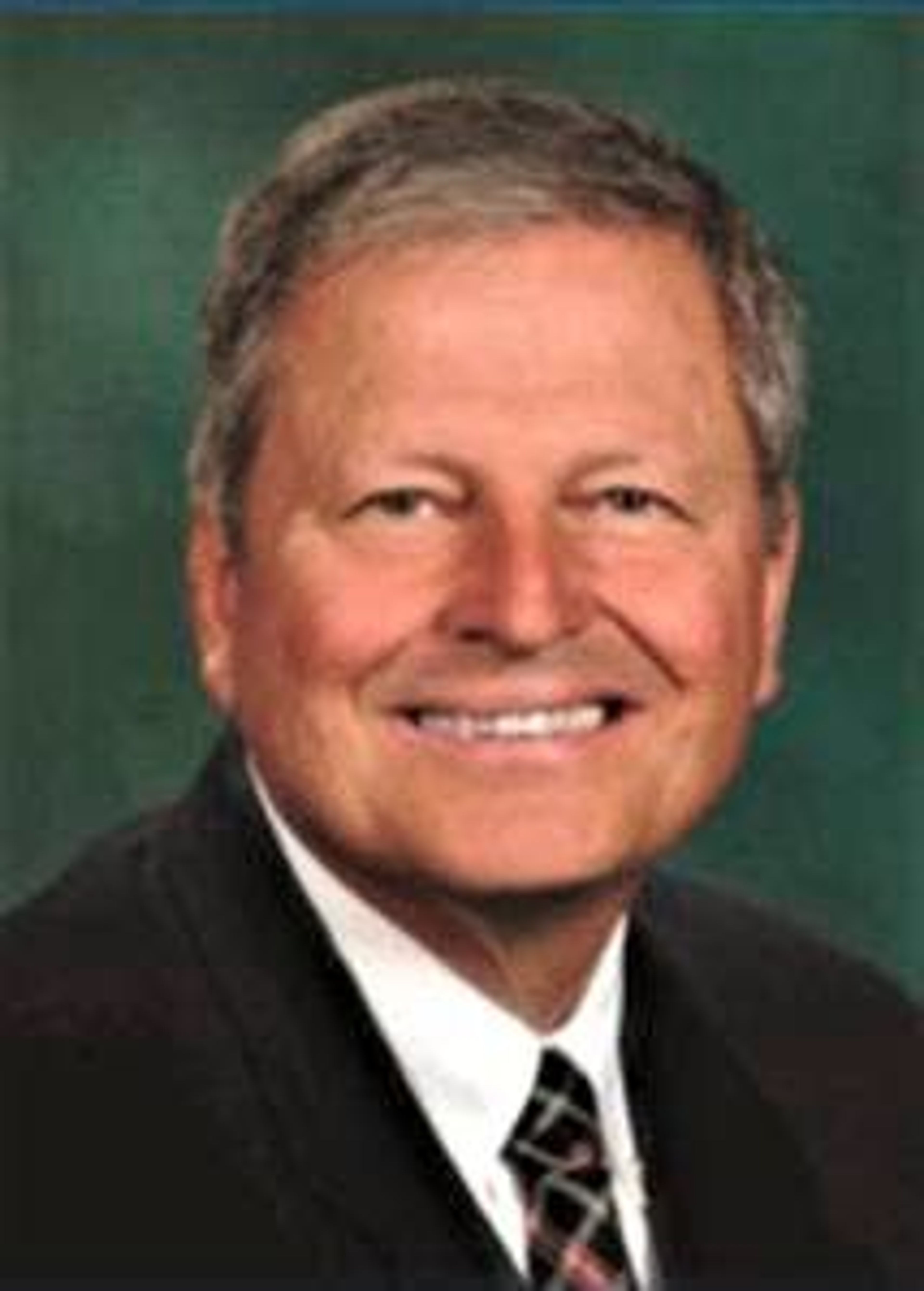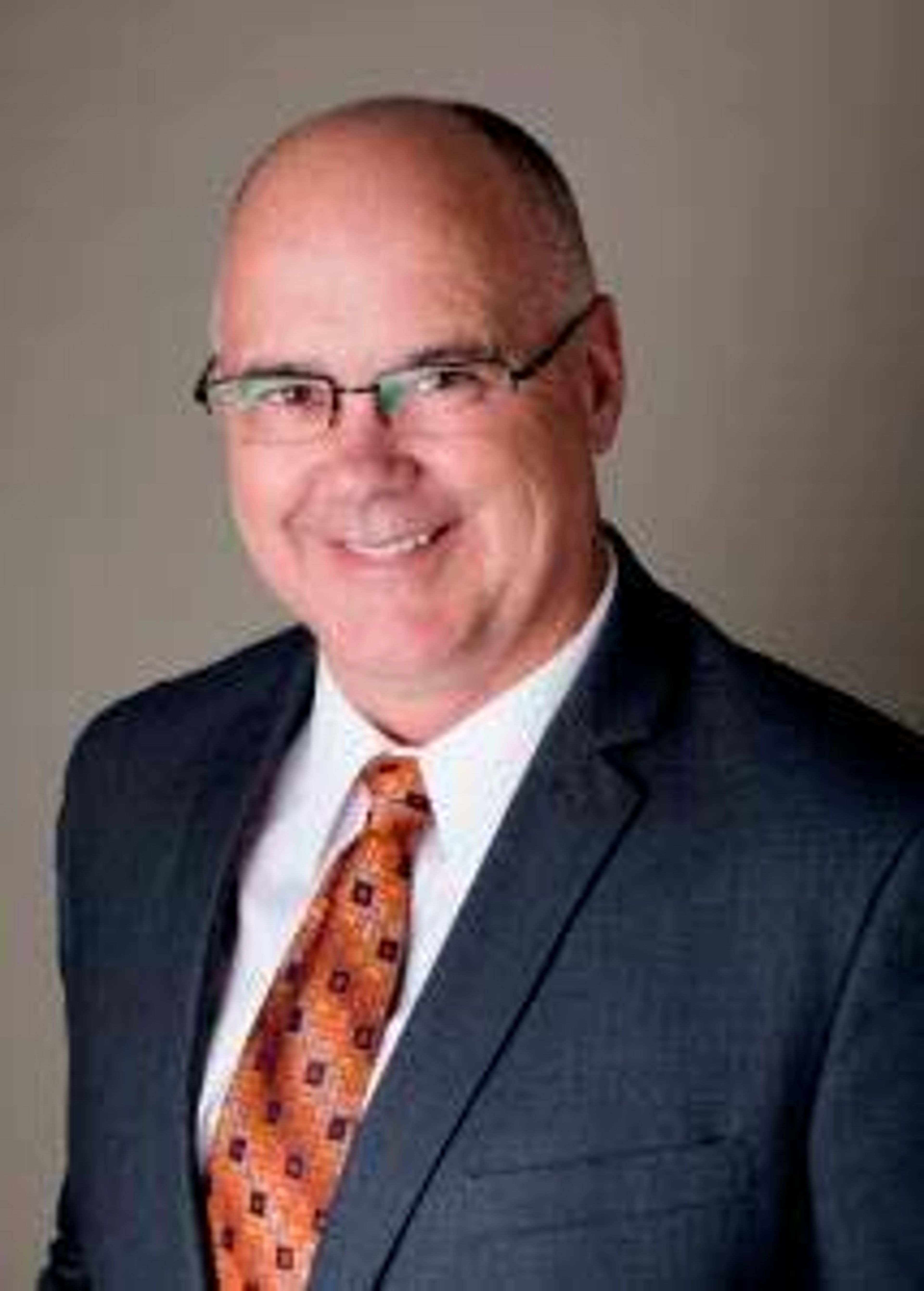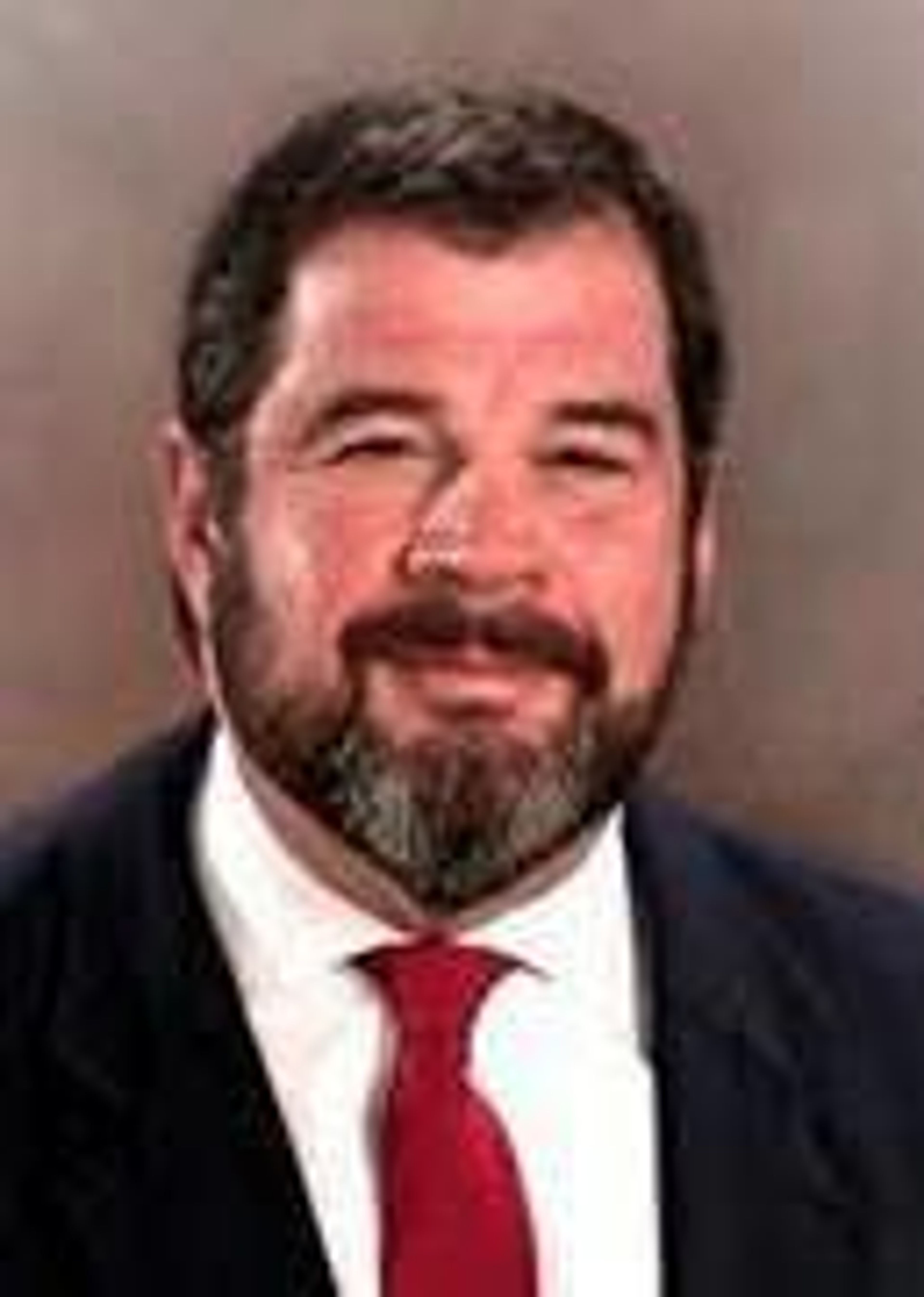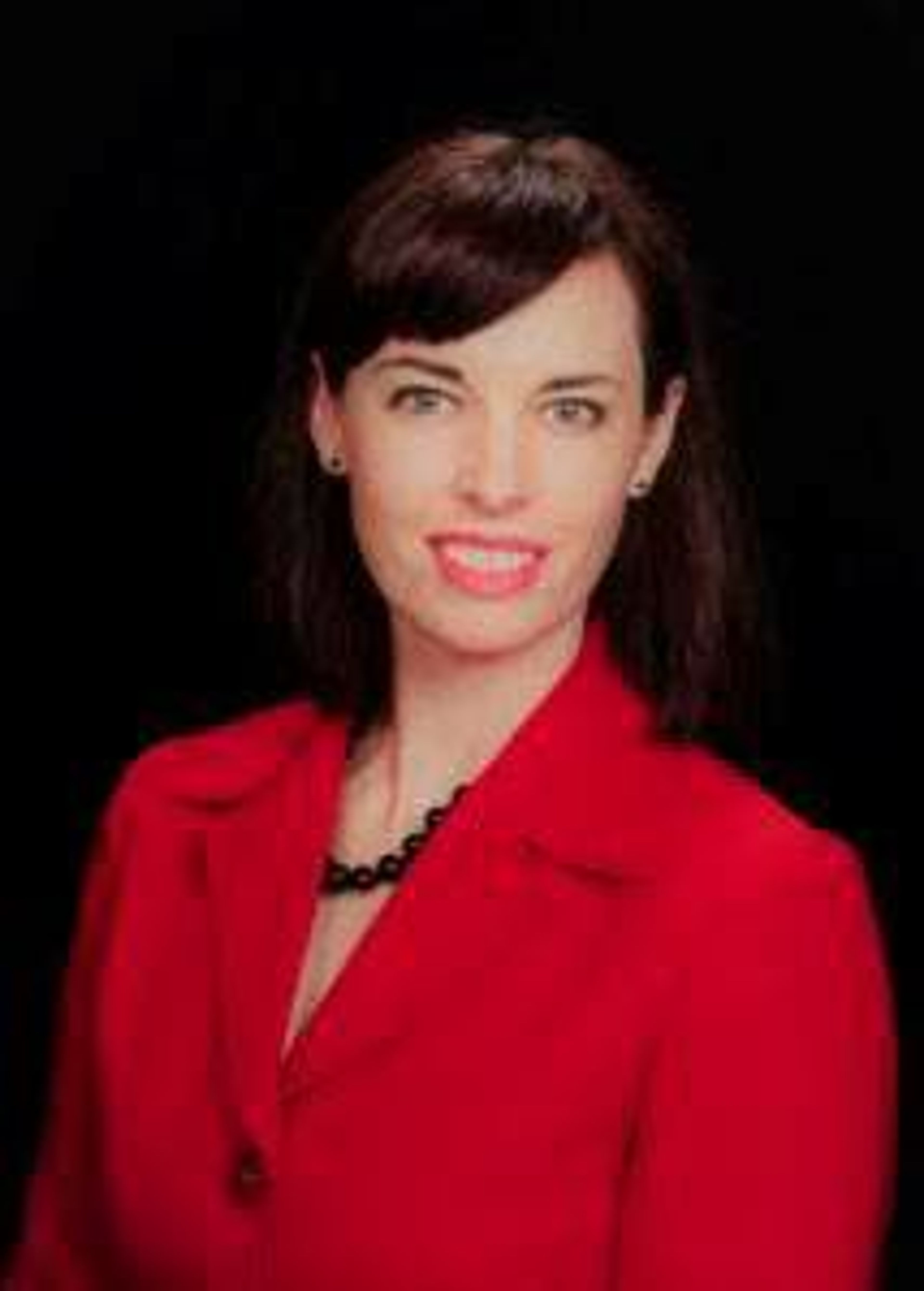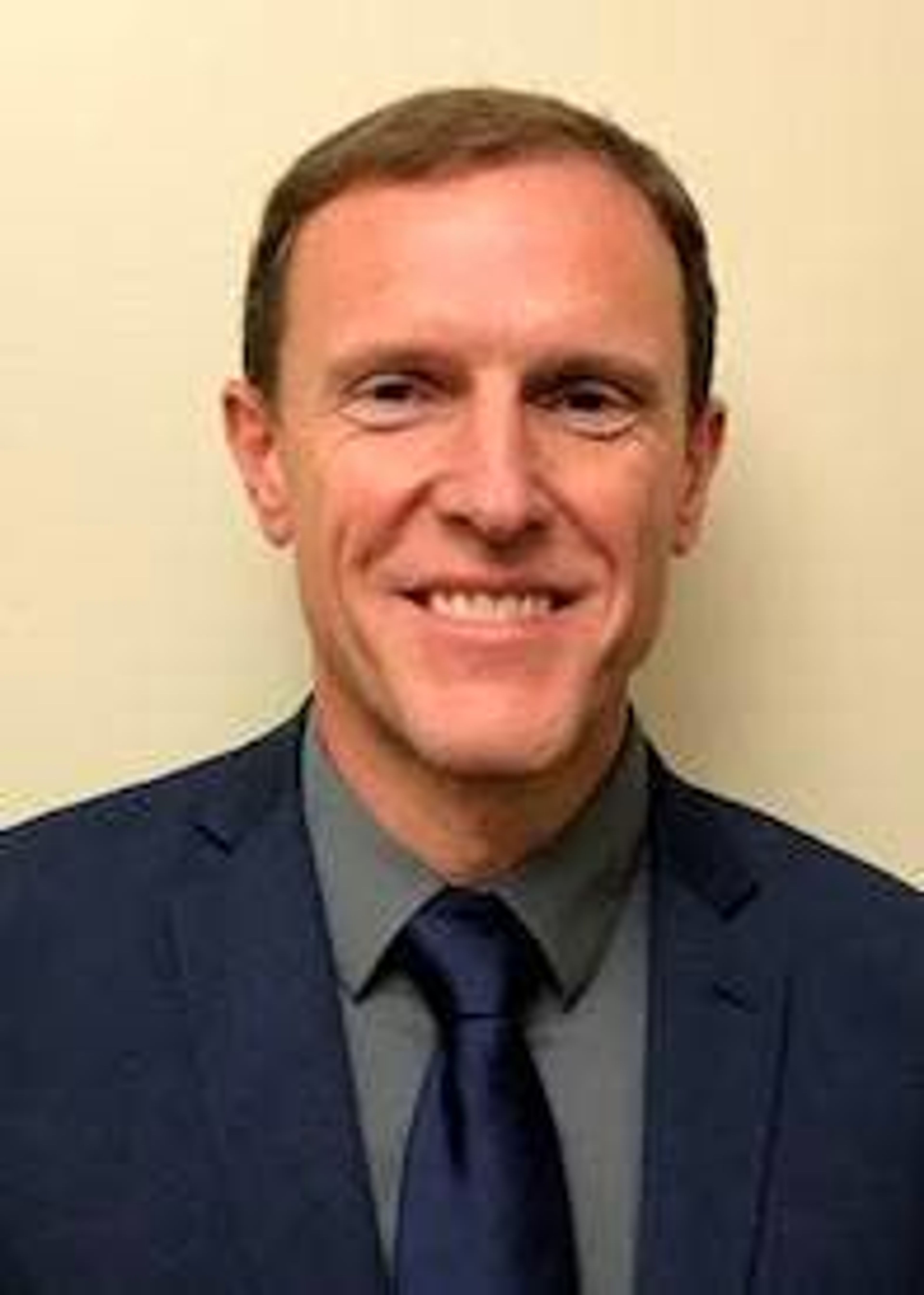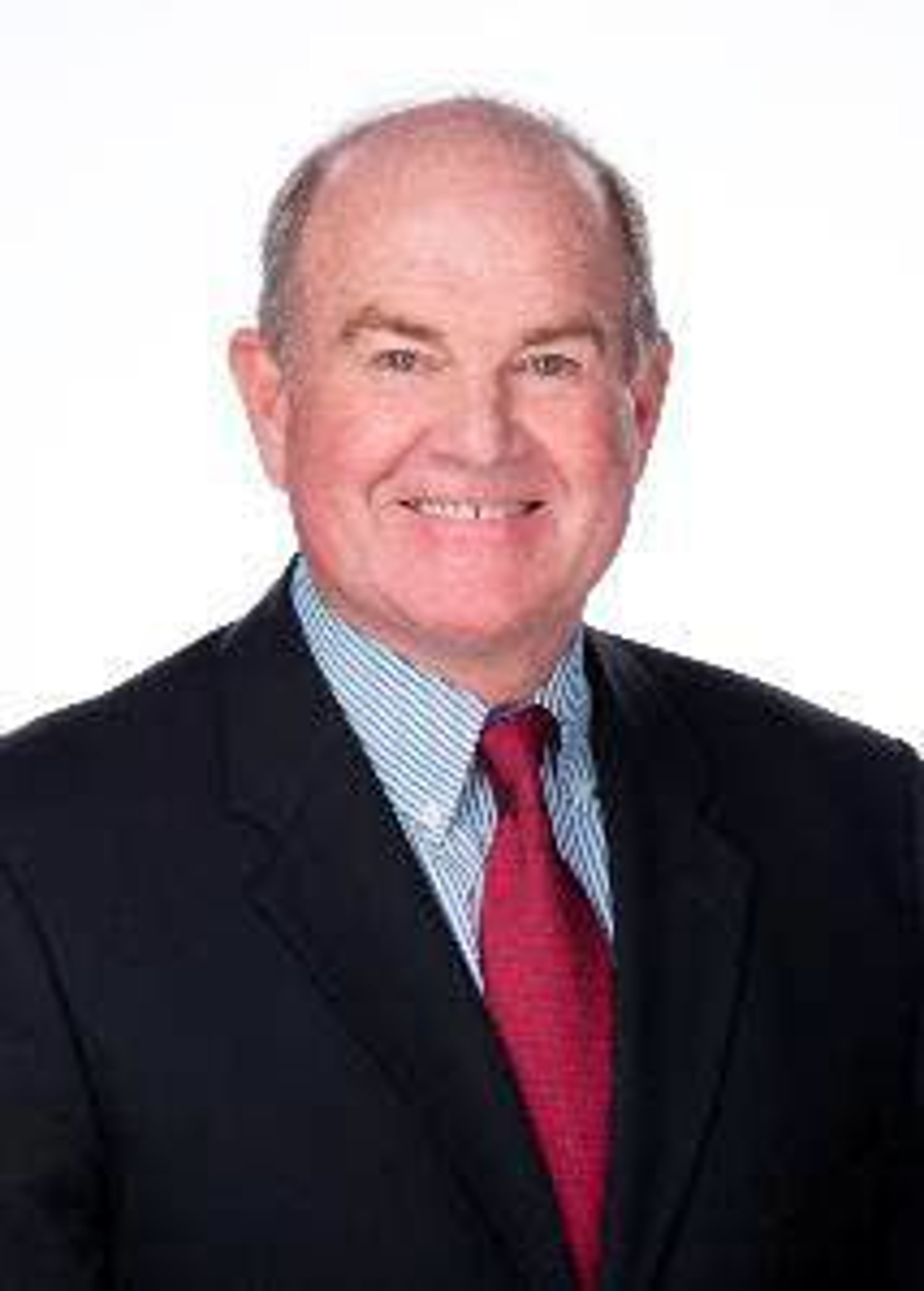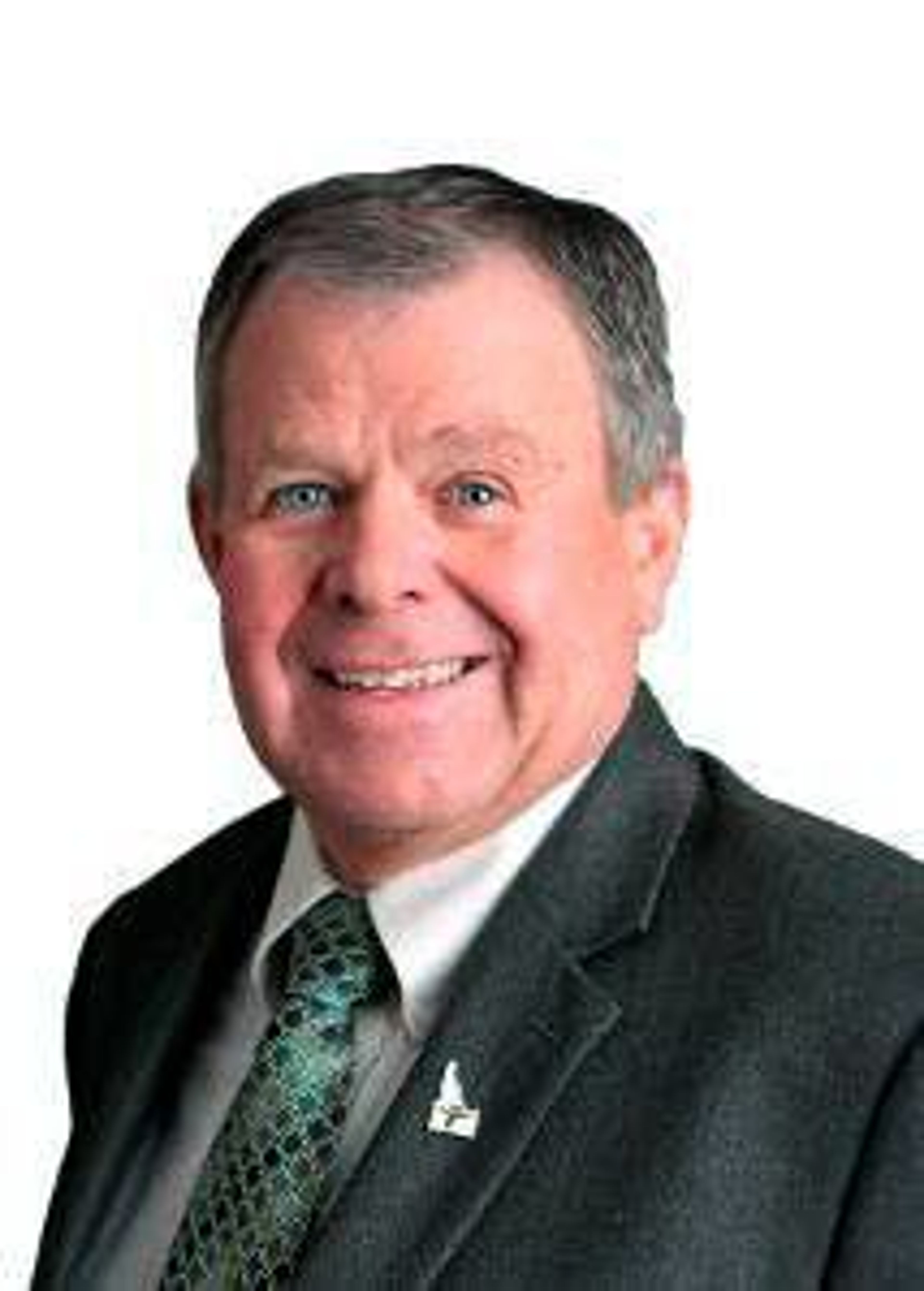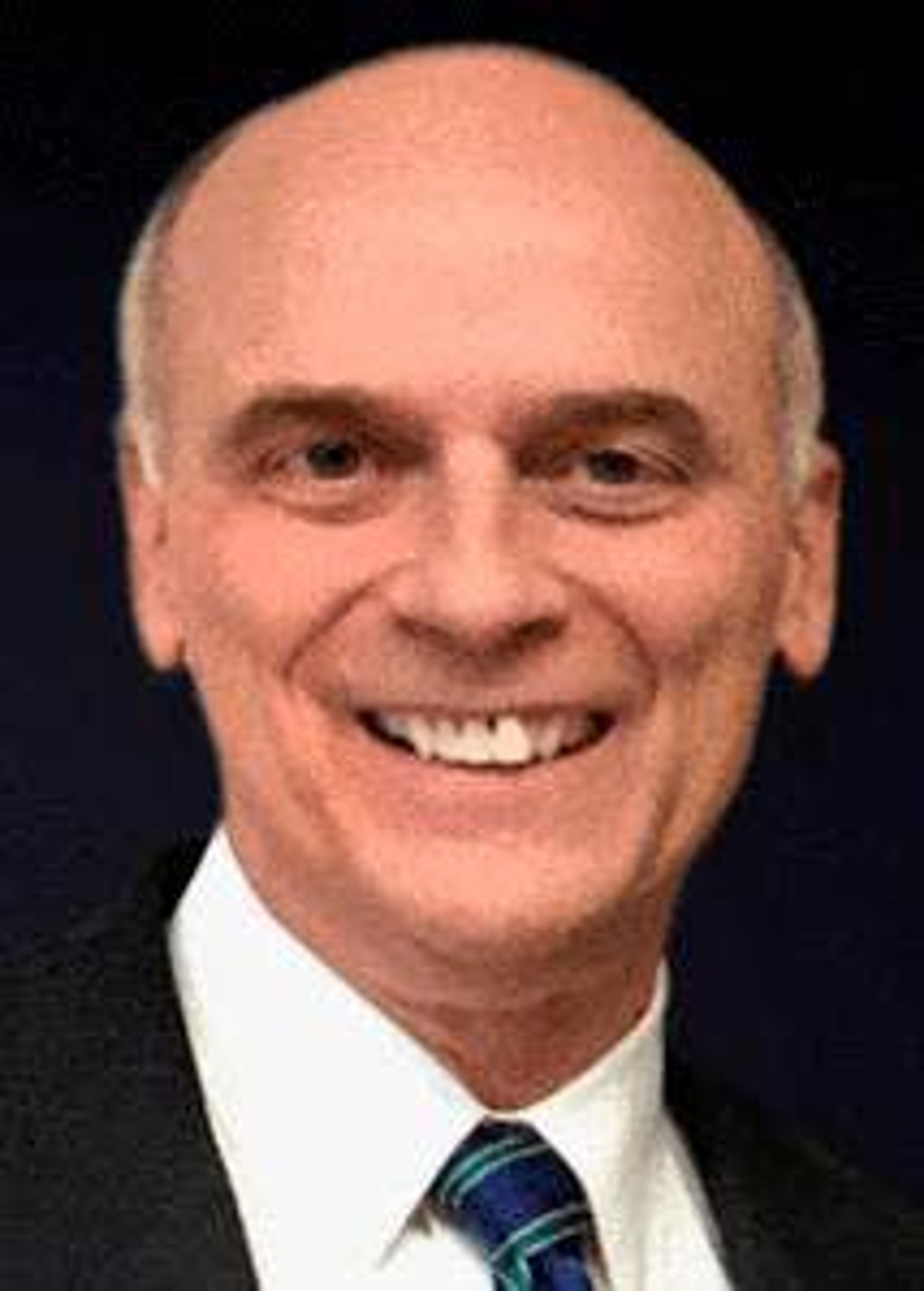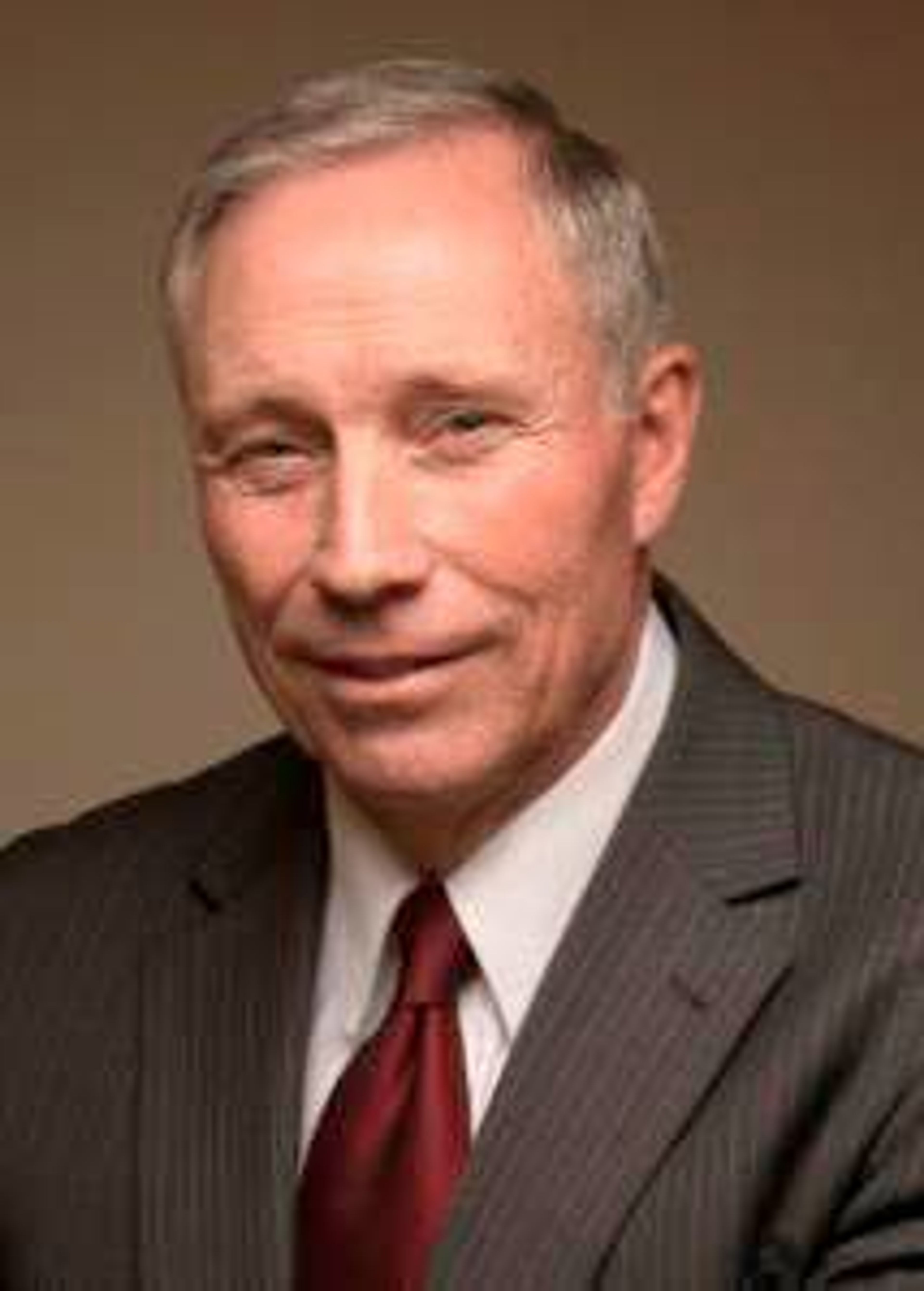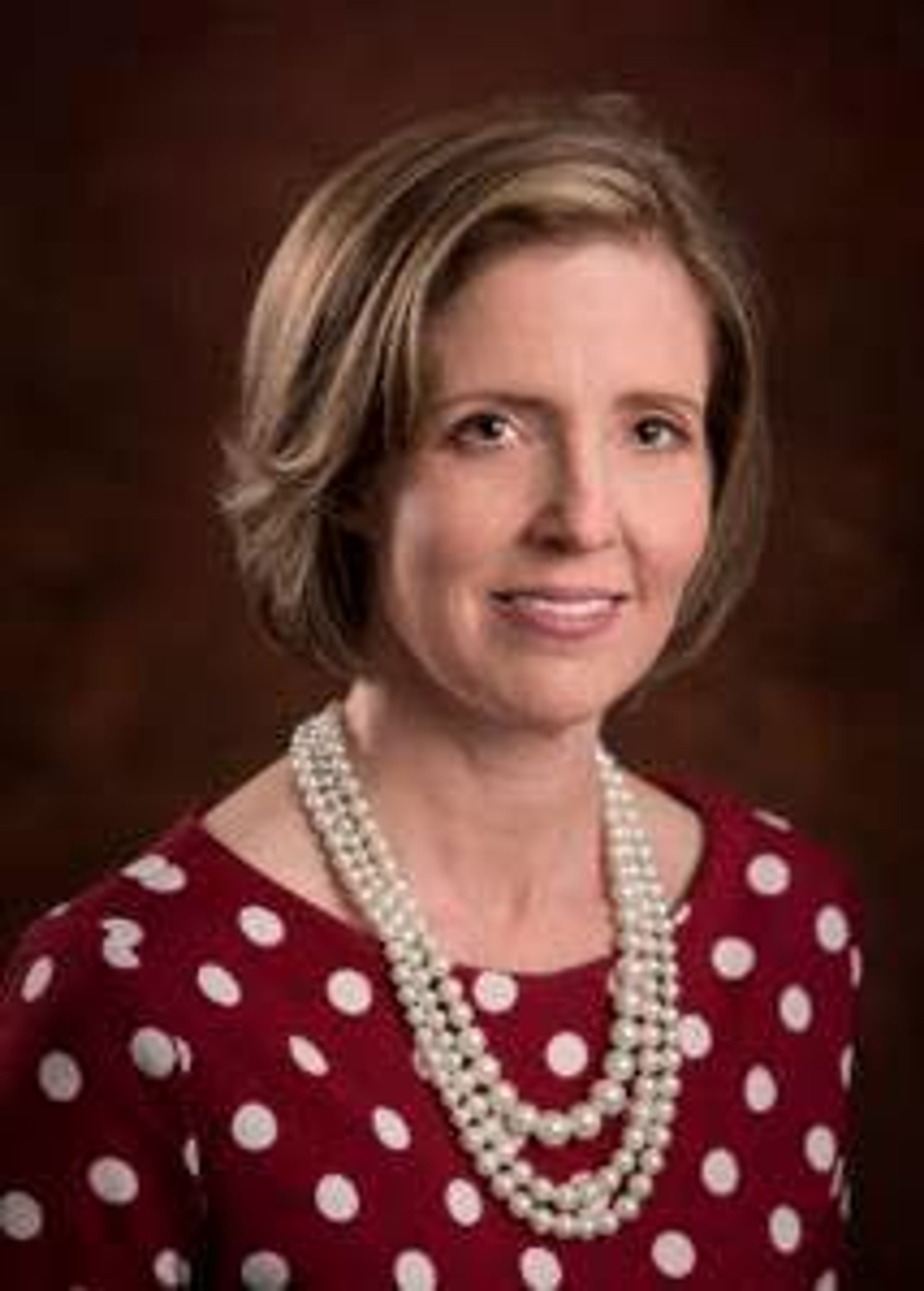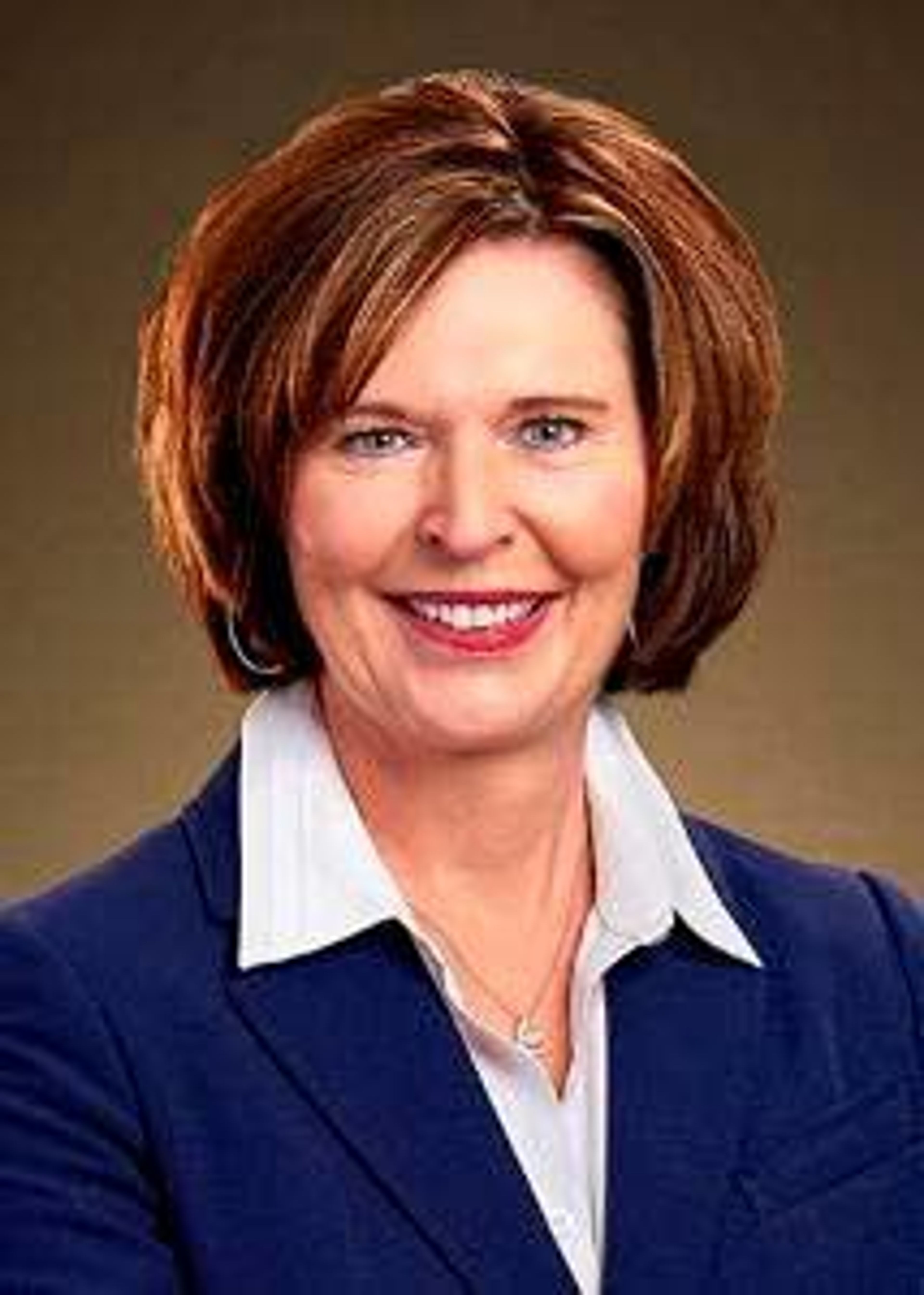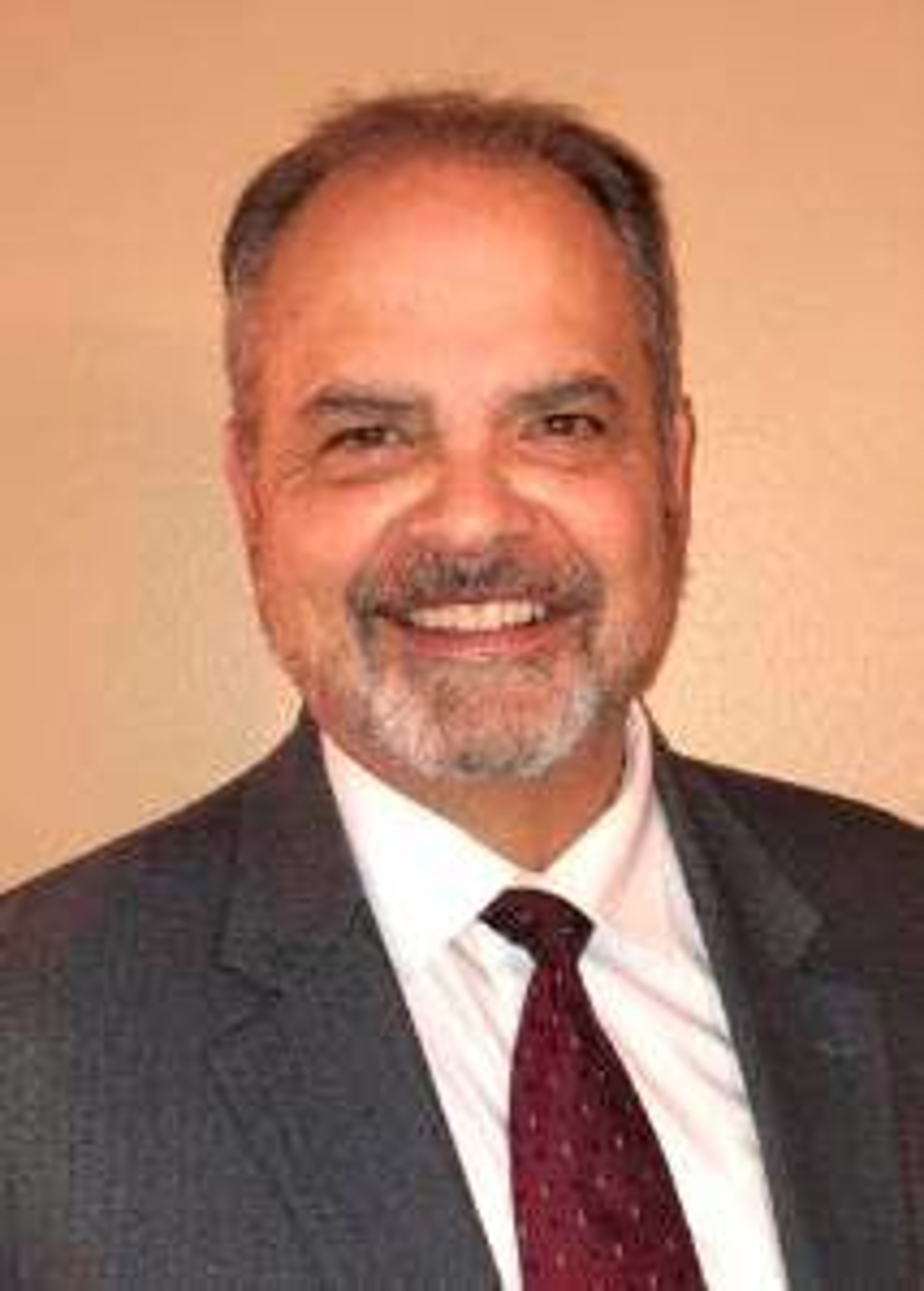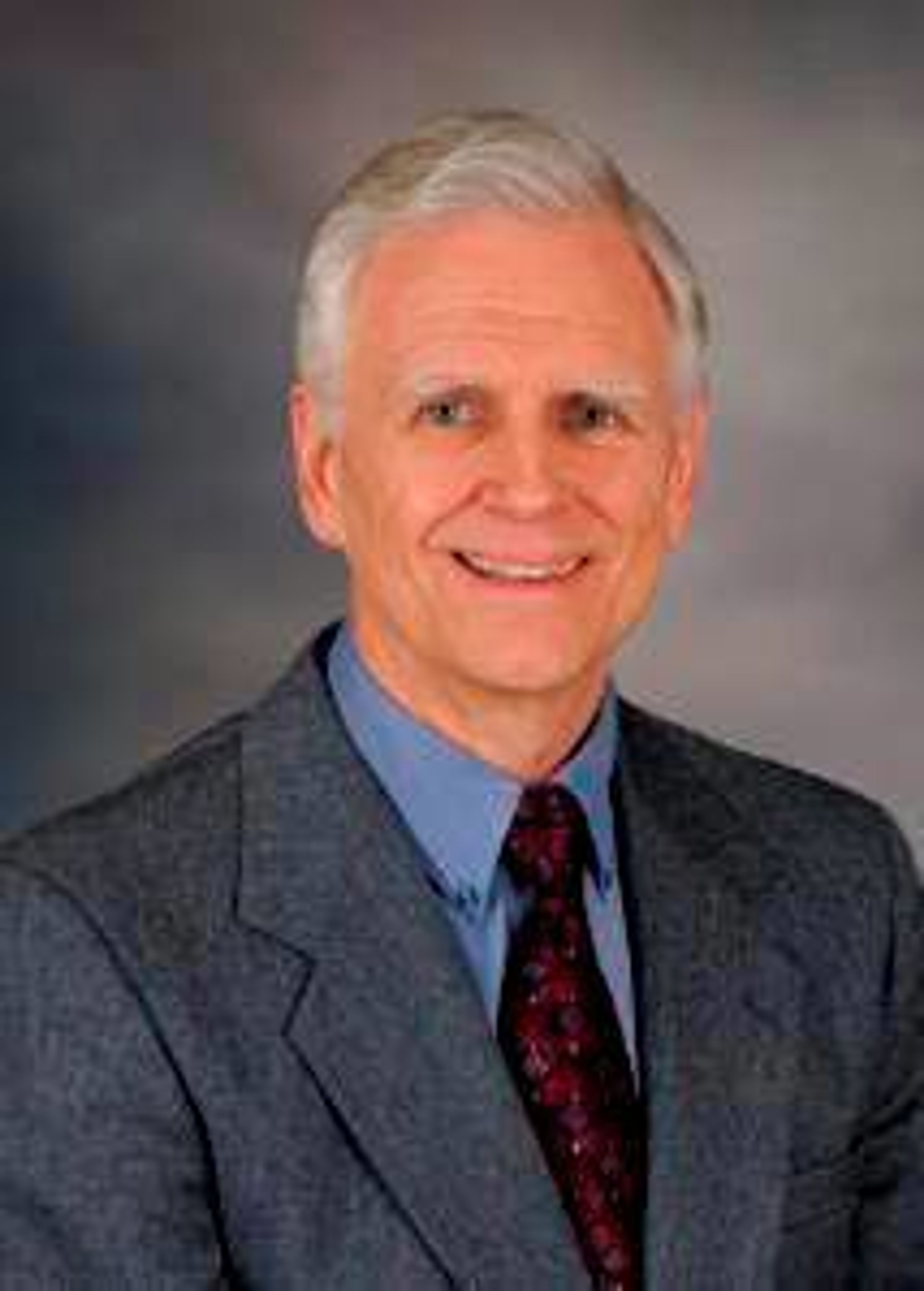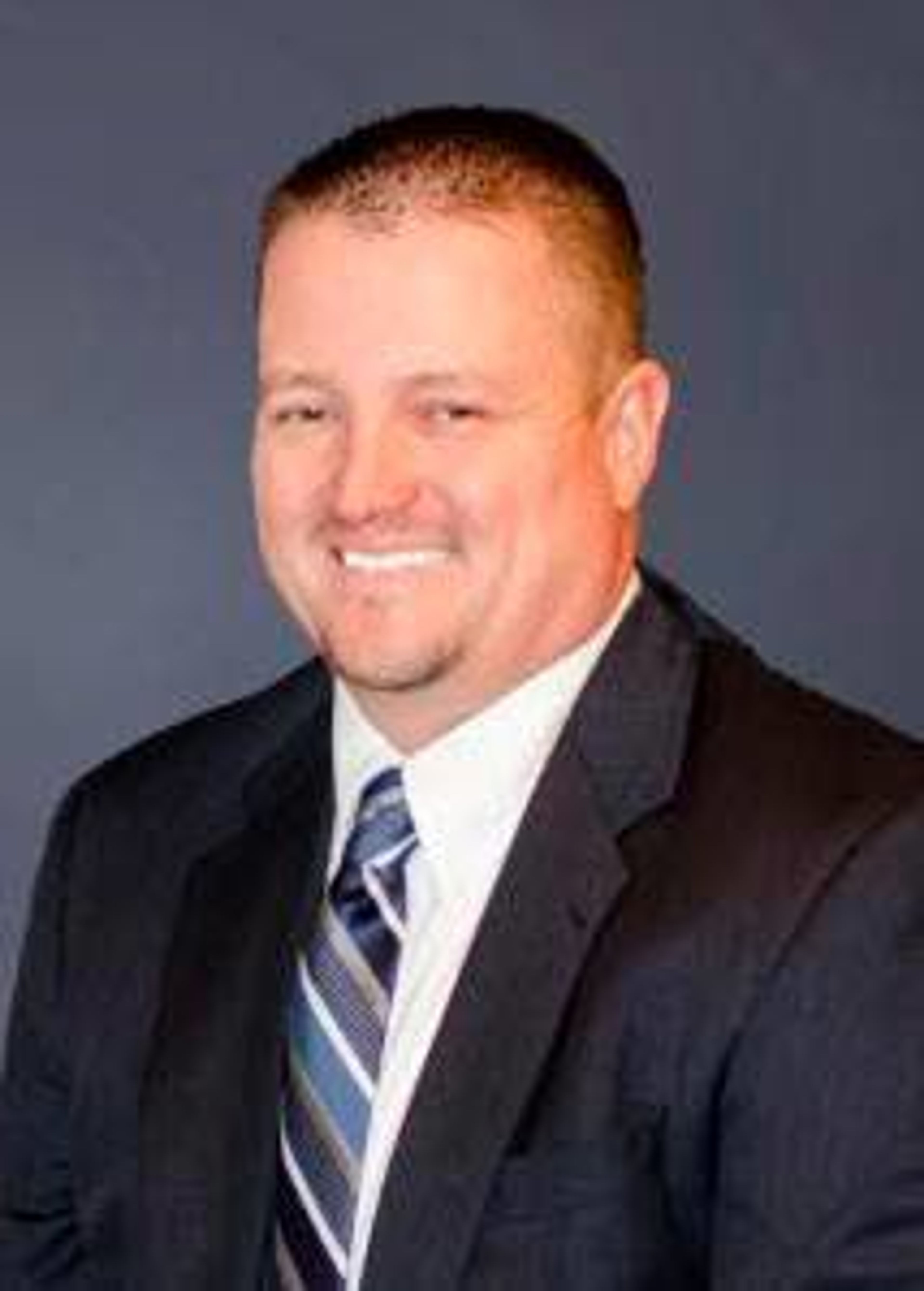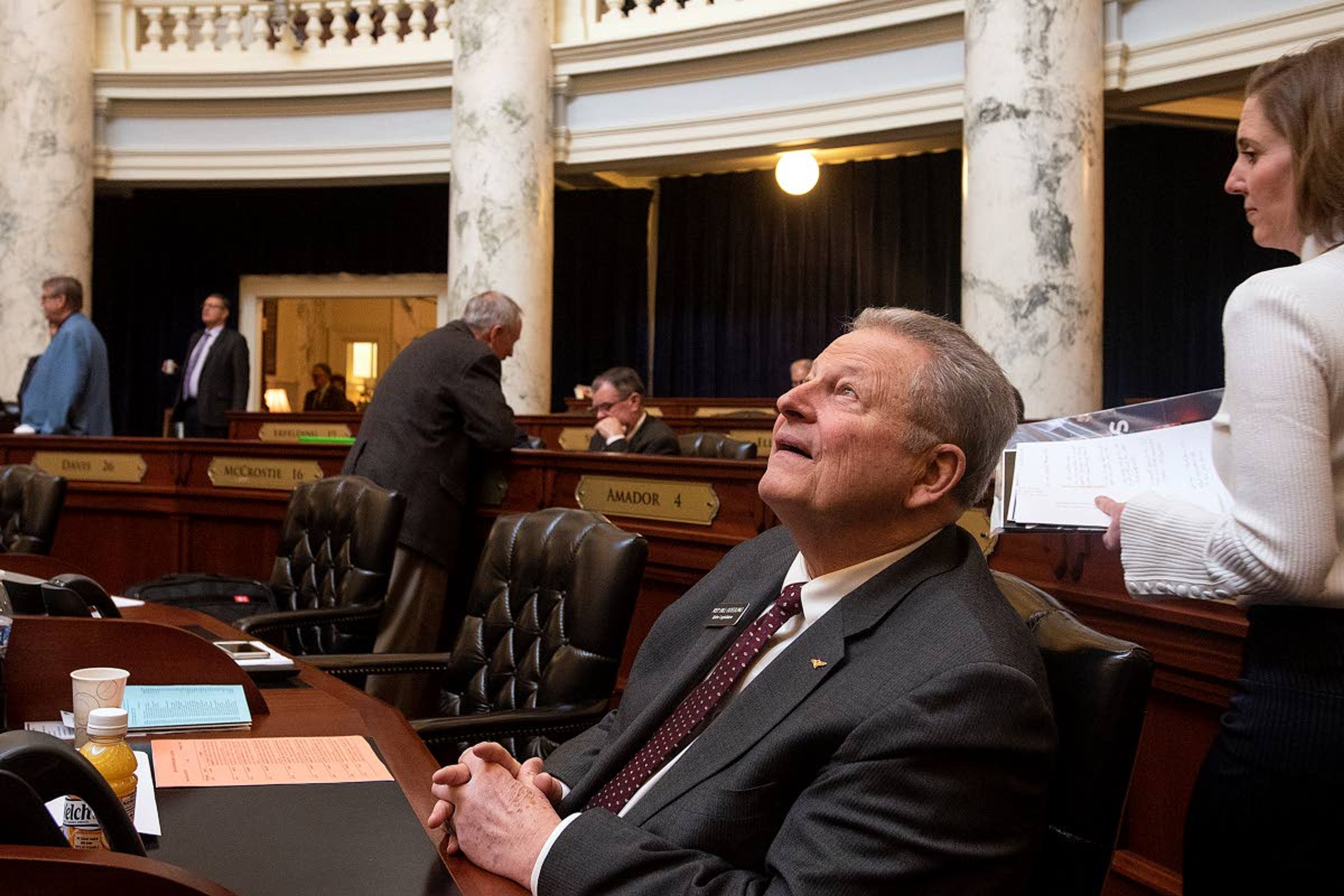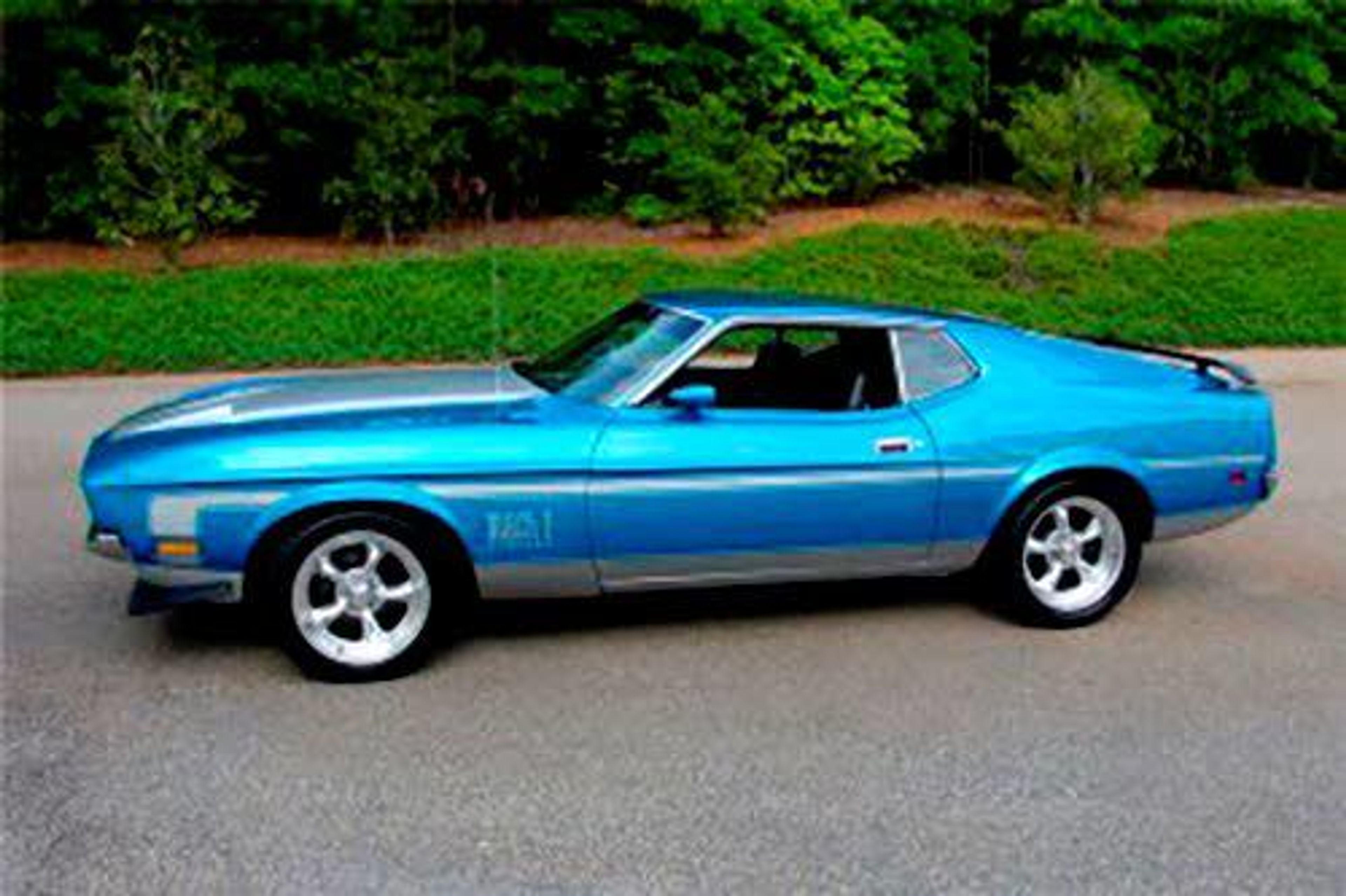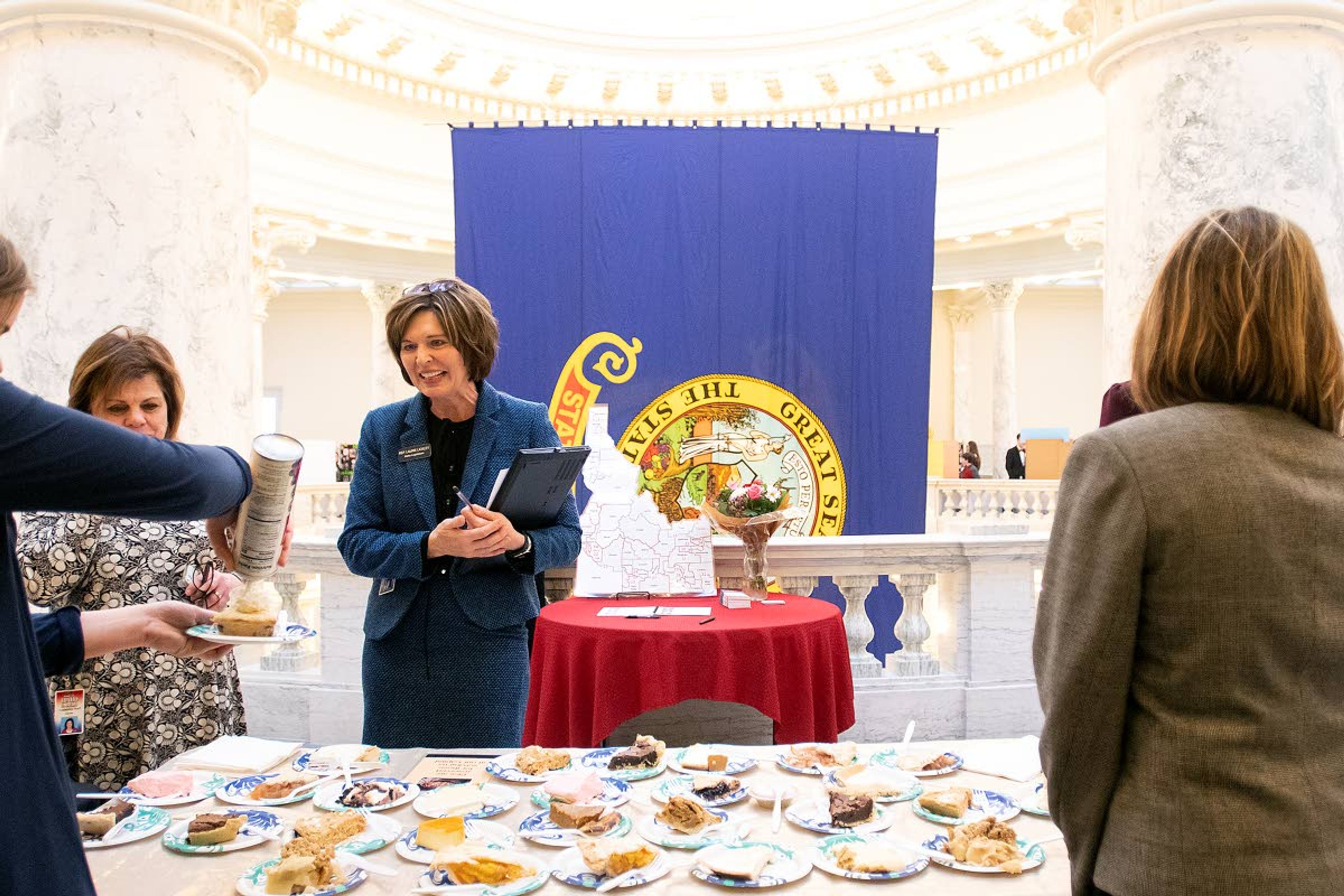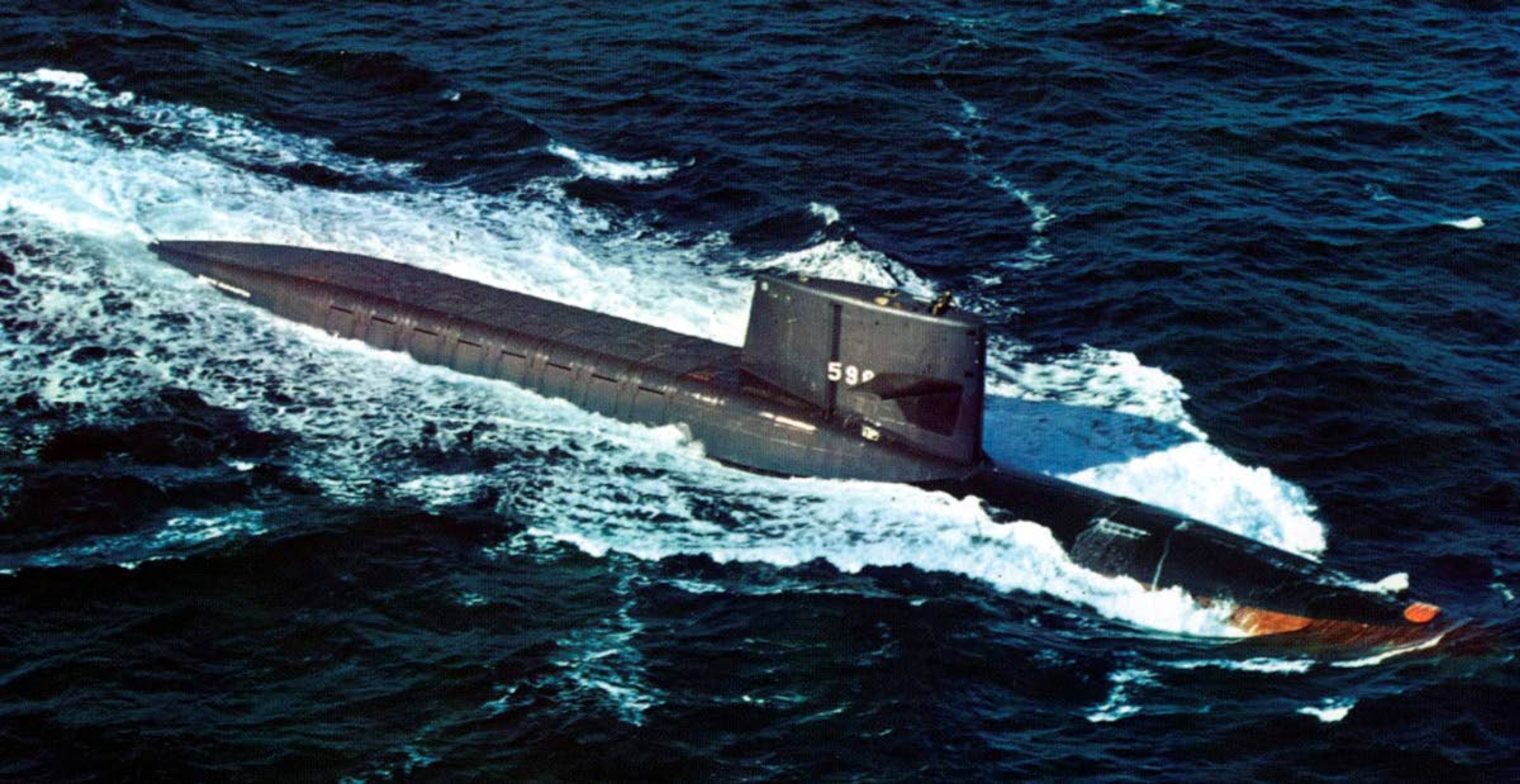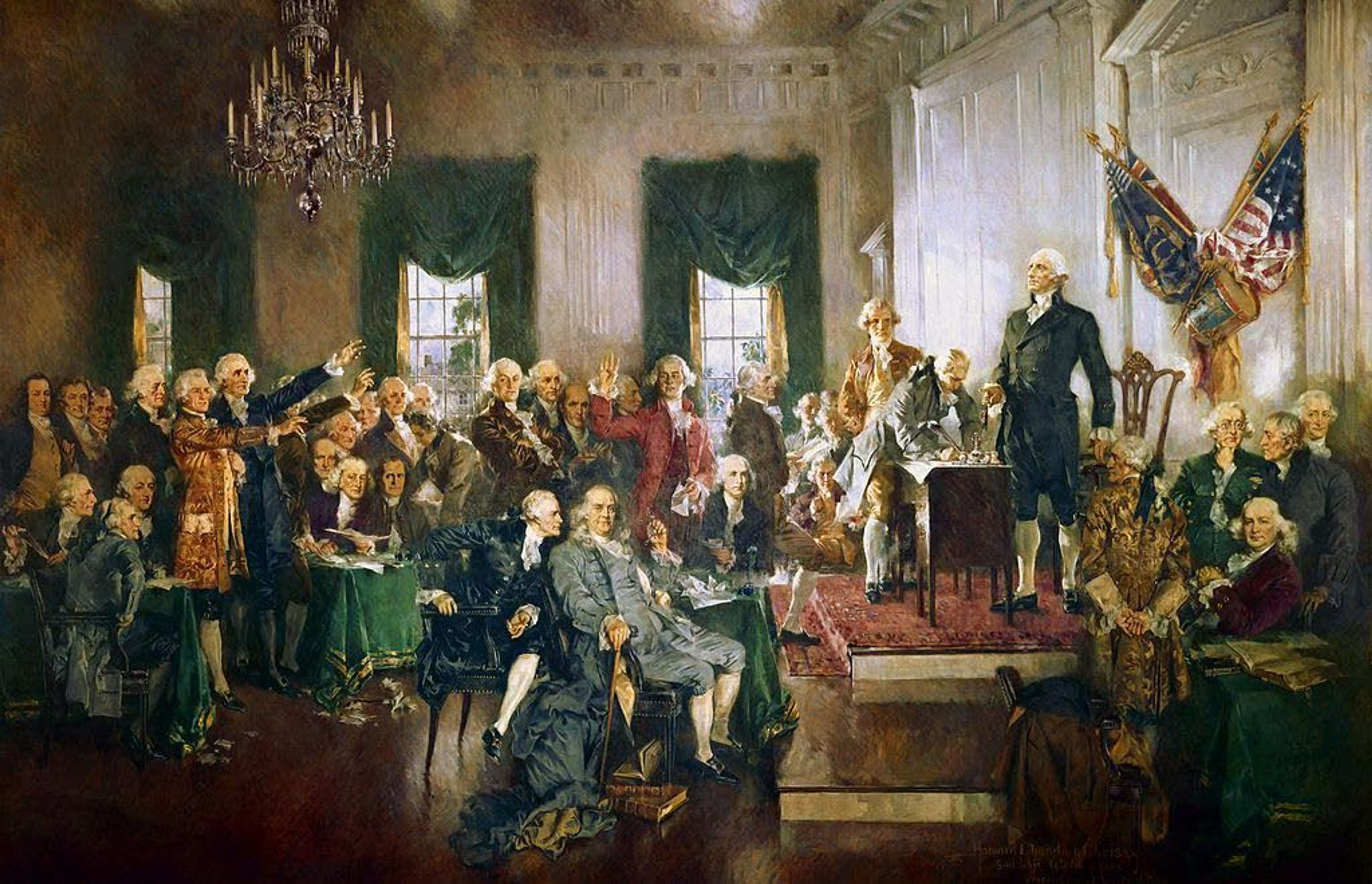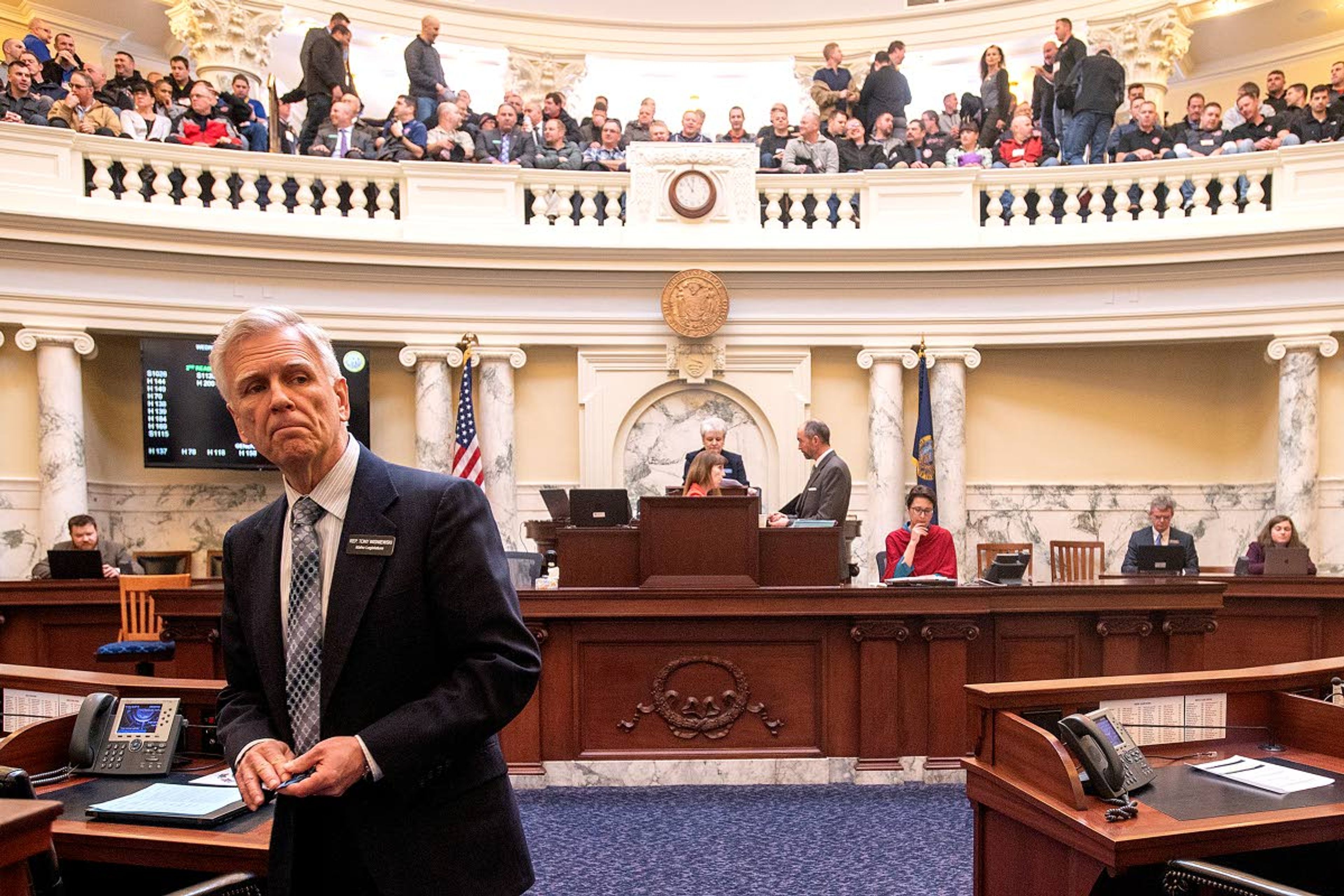Legislative rookies step up to the plate
A bevy of freshmen legislators bring a variety of skills, experiences to the Idaho Statehouse
Editor's note: This is the first of two stories highlighting the 26 freshmen senators and representatives serving in the Idaho Legislature this year. Seven Democrats, as well as five Republicans with familial ties to the Statehouse, will be covered in a second story on Monday.
———
BOISE — What with all the retirements and election defeats, the Idaho Statehouse lost more than 250 years of legislative experience last year.
A quarter of the Legislature turned over: eight committee chairs or co-chairs, six vice-chairs, lawmakers whose institutional knowledge dated back to the mid-1980s.
Coming into the 2019 session, a major question was how the 26 first-term senators and representatives who replaced the veterans would do. They were unknowns — not merely in terms of where they fit on the philosophical spectrum, but more fundamentally, who they were.
How capable were they? What did they bring to the table? How hard would they work? How would they perform?
Two months into the session, it’s clear the Legislature is in good hands. The freshmen lawmakers are introducing bills, asking good questions, stepping up to the plate.
“I think they’re doing really well,” said House Speaker Scott Bedke, R-Oakley. “They’re obviously doing their homework, and that’s a good thing.”
The newbies bring a range of experiences to the job. Some are military veterans, several are farmers or ranchers; there are engineers and accountants, housewives and educators.
Here are a few lighthearted anecdotes from some of the 26 freshmen lawmakers in the Idaho Legislature:
Rep. Bill Goesling — R-Moscow/Retired U.S. Navy aviator and financial adviser
Growing up in Cincinnati during World War II, Goesling’s first job was moving garbage cans from the curb back to the house for all the women in the neighborhood.
“A lot of the men in the community were gone,” Goesling recalled. “The city crew would move the cans out to the street, but they didn’t put them back. These were big, heavy, cast-iron trash cans. I could barely get one onto my wagon.”
He was 5 years old.
“I made a nickel a week,” he said. “Sometimes I’d get cookies.”
A nickel went a long way in the 1940s and ’50s, but Goesling’s mother made sure his didn’t stray too far. She had him open a savings account.
“She was raised in World War I,” he said. “You put money in her hand, and she’d never let it go. I worked as a caddy later on and got paid $2 for 18 holes. She’d give me 50 cents of that and tell me what I could spend it on.”
Those early lessons in hard work and frugality stayed with Goesling his entire life. After 24 years in the U.S. Navy, he served as a financial adviser. He had more than 450 clients and managed $50 million in assets — watching every nickel.
Rep. Rod Furniss — R-Rigby/Owns an insurance business
When employers began offering health insurance benefits in the 1940s and ’50s, “it was used for recruiting and retention purposes,” Furniss said.
That’s still the case today — but if they’d foreseen the astronomical increase in health care costs, they may never have gone down this road.
Furniss’ company helps corporations design self-funded health plans. Much of the focus these days is on wellness and prevention programs.
“If you keep one person from having a heart attack, that’s a $250,000 savings to the bottom line,” he said.
Rep. John Green — R-Post Falls/Attorney
Green was quite familiar with snow long before he moved to Idaho, having grown up in the Finger Lakes region of New York.
“I had a paper route as a kid,” he said. “There was so much snow, I asked one guy where he wanted me to put the paper. He told me to put it on the chimney.”
Green’s first real job was helping out during the beet harvest.
“I was 8 or 9 years old,” he said. “I worked with a crew of itinerant farmers. I’d fetch water and knock dirt off the clumps. I was paid $20 per week and was thrilled to get it.”
Rep. Tammy Nichols — R-Middleton/Small business owner
Nichols’ family operates some private schools and day care centers in the Boise area. She started working there when she was 6 years old, helping clean up the rooms and get things ready for the next day.
When she got a little older, her mom would send her into the classroom if a teacher was running late, so she could hand out assignments and keep the kids on track.
“I learned the importance of hard work and still have a strong work ethic,” she said.
Sen. Jim Woodward — R-Sagle/Owns a heavy construction company
As a freshman, Woodward did not get his choice of the best offices at the Statehouse. He ended up with one that has a ventilation fan and no windows.
“I feel right at home,” he said.
Woodward served on a nuclear missile submarine.
On the sub, three officers shared the same amount of space he has at the Statehouse, he said. It would have been even worse on a fast-attack boat.
“They don’t have enough bunk space for the whole crew, so some of them have to hot bunk,” Woodward said, meaning when one crewman leaves the bunk another off-duty crewman takes his place. And the bunk is perched on top of the torpedo rack.
A missile submarine isn’t exactly tiny, despite the tight quarters.
“It’s as long as the Space Needle is tall, and the missile compartment is four stories high,” Woodward said.
He spent seven years on active duty, followed by 14 years in the reserves.
Rep. Jim Addis — R-Coeur d’Alene/Auto dealership
Addis began working at his dad’s auto dealership as a teenager. After graduating from Washington State University with dual degrees in economics and business management, he spent 18 years operating Tom Addis Dodge and Lake City Ford-Lincoln.
His first car was a yellow, 1972 Mustang Mach 1, but these days his favorite vehicle is a Ford F-150 pickup truck.
“It drives better than most new cars,” he said.
His favorite places to take a driving vacation: the Pacific Coast Highway in California, or the Overseas Highway from Key Largo to Key West, Fla.
Rep. Jerald Raymond — R-Menan/Rancher/livestock consultant
If he weren’t serving in the Legislature, Raymond might be tickling a few trout somewhere in Idaho.
“I haven’t had a fishing pole in my hand for 40 years,” said the lifelong rancher and two-term Jefferson County commissioner.
Traveling with his wife is also one of his retirement plans. His first choice of locations would be Norway, where he served a two-year mission for his church.
“I loved the people and countryside there,” Raymond said. “It’s rugged country. Some kids go to school by rowboat, because they can’t get there by land. I’d go back in a heartbeat.”
Sen. Scott Grow — R-Eagle/Retired certified public accountant
Given his background in accounting, Grow is comfortable with his legislative assignments on the joint budget and tax committees.
He describes himself as a “voracious” reader, noting he recently finished reading biographies of all the U.S. presidents, in sequence.
“It didn’t seem to matter which party they were in; the other side didn’t like them,” Grow said. “But I think they were all good people trying to do what they thought was right.”
Rep. Gary Marshall — R-Idaho Falls/Retired college professor
Having taught an American heritage class for 27 years, Marshall has read and studied thousands of original documents detailing the early American political experience.
Based on that expertise, his first few weeks in the Idaho Legislature have been a disappointment.
“I taught 26,000 kids,” he said. “Yesterday I found myself wondering if I’d lied to them.”
In the 1700s, Marshall said, political discourse and debate was vigorous and open. Delegates at the constitutional convention “would sometimes agonize over a single word.”
At the Idaho Legislature, by contrast, “the process is more closed than I taught students it was supposed to be.”
For example, bills can’t be amended in committee. Legislation is either accepted as proposed or killed outright, or sent to the amending order where the full House can make changes. Rarely, however, is there much agonizing over individual words.
“I’ve known for a long time the (modern) political process is a disaster at the federal level, but I thought there would be more open debate in the Legislature,” Marshall said.
Julianne Young — R-Blackfoot/Homemaker
Serving as an elected official requires a certain amount of multitasking, but that’s nothing new for Young, who has 10 children ranging in age from 3 to 23.
“You learn to go with the flow,” she said.
Two months into the session, Young is enjoying the experience.
“I appreciate the different backgrounds, talents and perspectives of all the people,” she said.
Rep. Laurie Lickley — R-Jerome/Rancher
Given her background in the cattle industry, Lickley is comfortable with her assignments on the environment and resources committees.
The Health and Welfare Committee? Not so much.
“It’s all brand new for me,” Lickley said. “I have a vertical learning curve.”
She plans on asking a lot of questions and doing a lot of listening this year.
“I’m not bringing any legislation,” she said. “I think it’s up to us to do our homework. I’ll be studying the process.”
Sen. Dave Lent — R-Idaho Falls/Nuclear facility training manager
As a safety hazard, Lent said, people have a reasonably good understanding of electricity: Stick your finger in a light socket, you’ll get shocked.
When it comes to radiation, “people don’t have the same level of understanding,” he said. “Most don’t have a good understanding of magnitude. Is a little bit going to hurt you? In reality, it takes a lot.”
Lent, who received his training through the Eastern Idaho Technical College Radiation Safety program, oversees training programs for Fluor Idaho at the Idaho National Laboratory site.
“We take a very conservative approach (to radiation releases),” he said. “As a result, the general public has probably been oversensitized to see it as a threat.”
Rep. Tony Wisniewski — R-Post Falls/Retired engineer/small business owner
As a young engineer in the mid-’70s, Wisniewski worked on the nozzle design for the Space Shuttle solid rocket boosters.
“That’s where the fire is supposed to come out,” he quickly points out.
The rocket boosters featured prominently in the 1986 Challenger disaster, when an O-ring failure led to the explosion that killed seven astronauts.
As a case study in engineering ethics, Wisniewski has spent a great deal of time researching the Challenger disaster. He noted that program managers overruled the engineering team when they decided to proceed with the launch.
“There was 100 percent unanimity by engineers the night before that they shouldn’t launch the next day,” he said.
Wisniewski’s area of expertise at the time was “finite element analysis of nonmetallic rocket parts.” It was such a narrow field, there were only a handful of places he could find work; consequently, he switched to computer manufacturing for the remainder of his career.
Rep. Chad Christensen — R-Ammon/Small business owner
When Christensen served his Latter-day Saints mission in Yuma, Ariz., he found the desert landscape reasonably similar to the scenery in eastern Idaho.
The heat was a totally different story.
“I was in Yuma from April through September,” Christensen said. “I was on a (bicycle), and you could feel the heat coming up off the asphalt. The temperature got up to 128 degrees. The salt would flake off your forehead at the end of the day.”
He also spent time in Needles, Ariz., where it got as hot as 138 degrees.
Spence may be contacted at bspence@lmtribune.com or (208) 791-9168.
